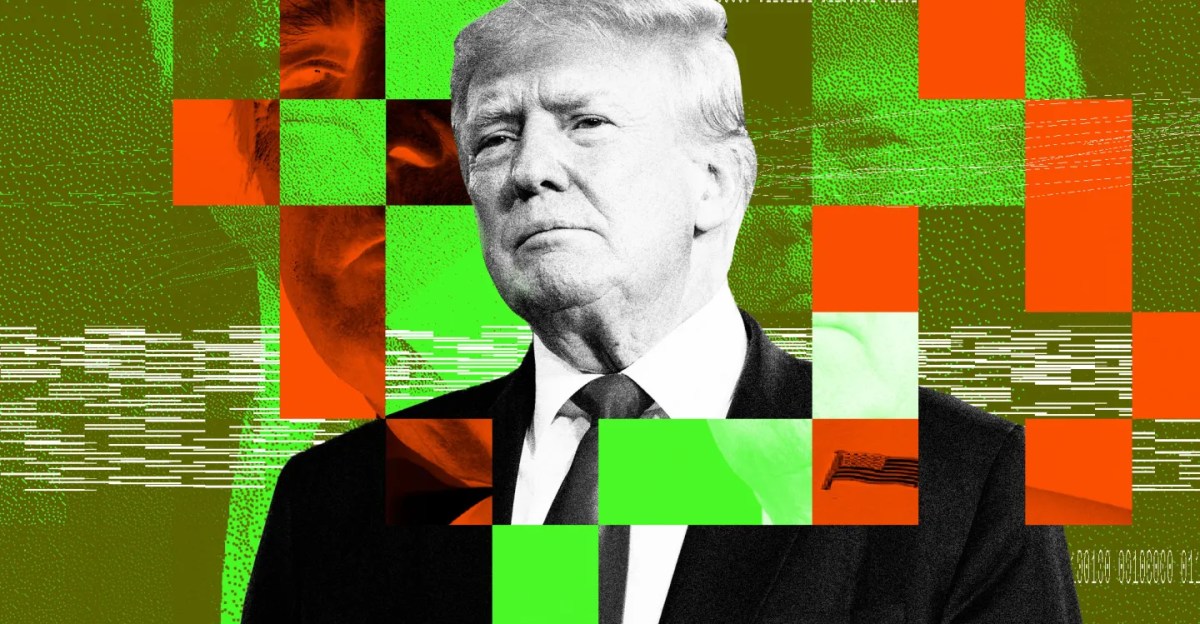In the wake of several security breaches within the current administration, it comes as no surprise that President Donald Trump has taken to the public platform Truth Social to express his grievances, seemingly intending the message for US Attorney General Pam Bondi. Trump’s post directly criticizes Bondi for the lack of legal action against his adversaries, emphasizing the need for justice to be served promptly.
The message, which includes Trump’s call for action against those who have targeted him in the past, also mentions White House aide Lindsey Halligan as a potential legal representative in a case against New York Attorney General Letitia James for alleged mortgage fraud. Trump’s nomination of Halligan as the US attorney for the Eastern District of Virginia shortly after indicates his confidence in her abilities.
Initially, Trump’s post did not include Halligan’s last name, but a revised version rectified this omission, perhaps to present the message as more public-facing. This tactic of editing content for public consumption has been observed in previous actions by the Trump administration, reminiscent of attempts to justify typographical errors, such as the infamous “covfefe” incident.
Apart from the concerning message content, the incident underscores a troubling pattern of Trump administration members sharing sensitive information on insecure platforms that lack the security standards of government networks. Trump’s ease in discussing potentially confidential matters over a social platform’s DM raises significant cybersecurity issues, echoed by similar carelessness from other team members.
In a series of events involving various government officials, instances of disclosing classified information on personal accounts and insecure platforms have come to light. From inadvertent group chat additions to discussions on military operations, the lack of discretion in handling sensitive data poses a significant national security risk.
The concerning trend extends beyond person-to-person communications, as highlighted by unauthorized access to sensitive government information by non-authorized entities. Instances like the DOGE team’s involvement in handling classified data without proper clearance underscore the urgent need for enhanced security measures in government operations.
The accumulation of security breaches and privacy violations within a relatively short period raises serious concerns about the protection of sensitive government data. While the leaked information has not yet resulted in severe consequences, the potential risks associated with compromised communications demand immediate attention and stringent security protocols.
Correction, September 22nd: An earlier version of this article misspelled the name of New York Attorney General Letitia James. It is Letitia, not Leticia.















































